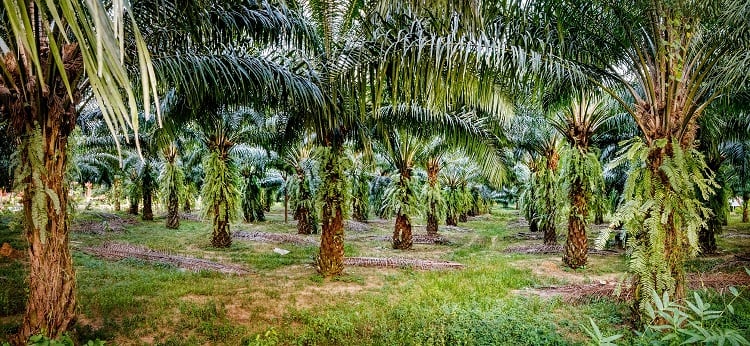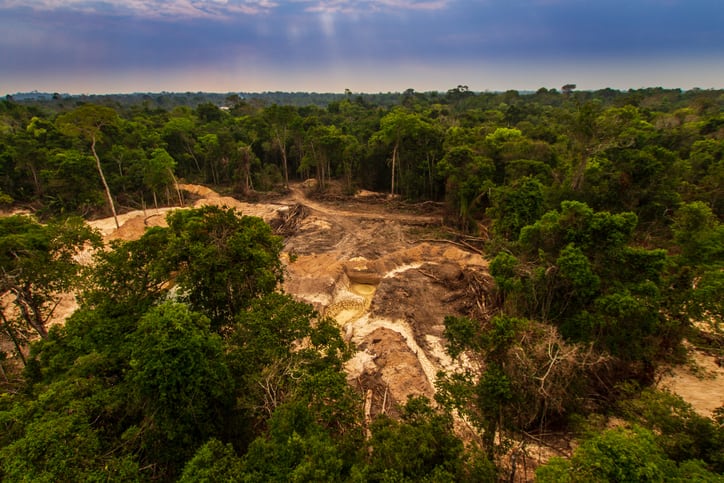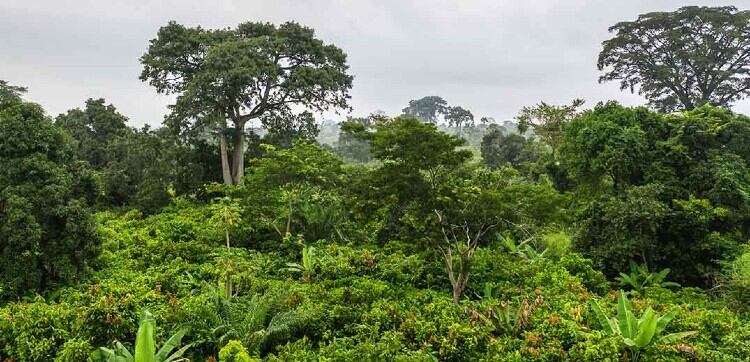If deforestation were a country, it would be the third biggest emitter behind China and the US. The food sector is playing a large role, with approximately 80% of deforestation associated with agricultural production.
In an effort to reverse this trend, ‘hundreds’ of food companies across the globe have pledged to eliminate deforestation from their supply chains. Yet according to the Forest Conservation Fund (FCF), the trend continues to go ‘entirely in the wrong direction’.
“Companies have signed important policies, they’re implementing them…but it’s just not bringing down the curve,” said FCF Executive Director Charlotte Opal during a recent webinar organised by NGO Earthworm Foundation.
“Clearly, we need tools beyond certification, which is the main tool that companies have at their disposal, to not just avoid deforestation, but to actually go forest positive.”
UK supermarket Waitrose & Partners is one company looking to do just that. The retailer ‘prides itself’ on being a responsible business, said its parent company’s Ethics & Sustainability Manager, Samuel Lee-Gammage, at the same event.
“We are looking to have a positive impact in the communities and landscapes that we source from.”
What is ‘forest positive’?
FCF, a fund managed by CEO of Earthworm Foundation Bastien Sachet and former head of WWF Global Forest and Trade Network Richard McLellan, amongst others, is championing a ‘forest positive’ future.
“All of the scenarios that get us within 1.5°C of global warming have all of our forest standing,” explained Opal. “So we have to stop deforestation if we’re going to stabilise the climate. There is no doubt about that.”
For FCF, becoming forest positive means more than ensuring zero deforestation. It means protecting forests. “We set up the FCF to really make it easy for companies to go beyond just avoiding risk and [being] deforestation-free, to actually protecting forest in their supply chains,” she explained.
That is not to say that deforestation-free certification is without value. Opal agrees it is important to know that the farm a company purchased from wasn’t recently converted from forest. “But, it’s not enough. [Deforestation-free certification] doesn’t actually protect forest,” she stressed.
“There is very little forest inside certified farms because they’re farms, they’re not forests. So certification isn’t enough to rid the industry of this deforestation problem.”
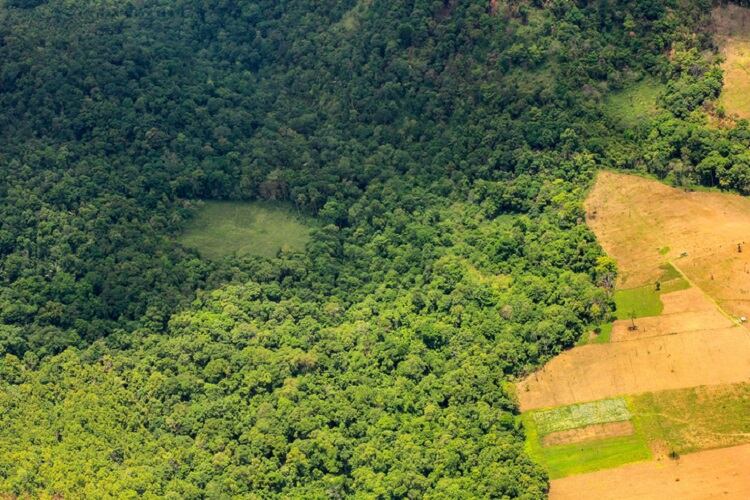
FCF helps companies become forest positive by linking them with conservation projects in their sourcing landscapes. The funding is channelled through three intervention pathways: to private landowners who have made commitment to protect forests in their concessions and need financial support to do so; to communities to help them protect forests in their lands; or to not-for-profit organisations working with governments, communities, or private companies to protect forests.
“Half of our planet is still wild and not enough of it is protected, so we can move that into protection,” Opal elaborated. “And we’re really trying to make it easy for companies to support these new protected areas.”
Waitrose targets deforestation-free…
Waitrose parent company the John Lewis Partnership owns another well-known retail business in general merchandiser John Lewis. Together, both businesses are committed to eliminating deforestation from their supply chains. Raw materials of concern include palm oil, soya, and cocoa, amongst others.
“Within raw materials, we are committed to sourcing…sustainably, and going beyond that, we are advocating [and] collaborating to deliver transformation in value chains, so really helping the mission to transform value chains,” John Lewis Partnership’s Lee-Gammage told delegates.
Concerning current progress, the business is making ‘decent progress’ in palm oil. “We’re already almost 99.3% physically certified,” the Ethics & Sustainability Manager explained. “Seventy percent of this is segregated, and our target is to be 100% segregated in food by 2022.”
In all products, including non-food categories, John Lewis Partnership aims to ensure deforestation-free palm oil a couple of years later in 2025. “We know that in non-food, there are some complex derivatives that will take a bit more time, and we’re planning to work with industry to be able to source those sustainably as well.”
The business is working with its leading suppliers to encourage similar commitments, as well as with traders and refiners on their No Deforestation, No Peat, No Exploitation (NDPE) commitments.
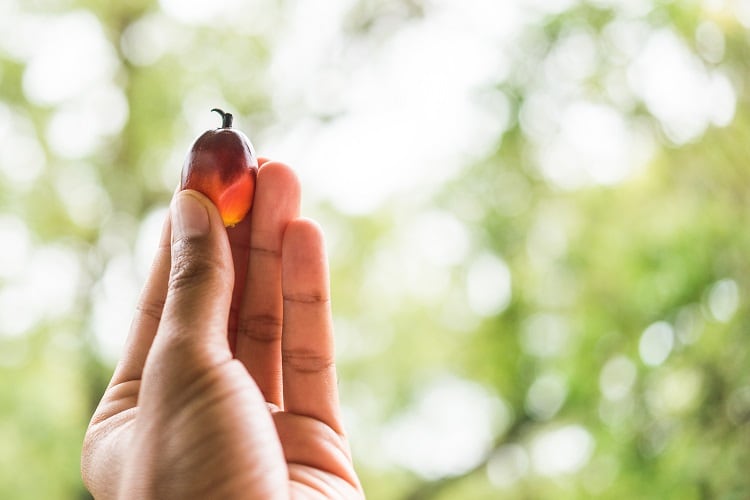
However, even when the John Lewis Partnership has 100% sustainable palm oil in its supply chain, Lee-Gammage acknowledged that the drivers of deforestation will remain for other markets. “So there is an urgent need to protect forests.”
…and beyond
So how can forests be best protected? According to FCF, the answer lies in the custodians of the forest: indigenous peoples.
Currently, indigenous peoples oversee one-third of all forests. “They are the best forest protectors. It’s been scientifically proven now,” said FCF’s Opal. “They have lived in basic harmony with the forest for hundreds and hundreds of years, and they want to keep doing that.
“So if we can help them secure their rights to manage these areas, and then link them up with companies buying in those landscapes who want to support conservation efforts financially, then It’s a win-win.”
For FCF, it’s the ‘right thing’ to do for human rights, and the best and cheapest way to protect biodiversity and the forest’s important carbon stores.
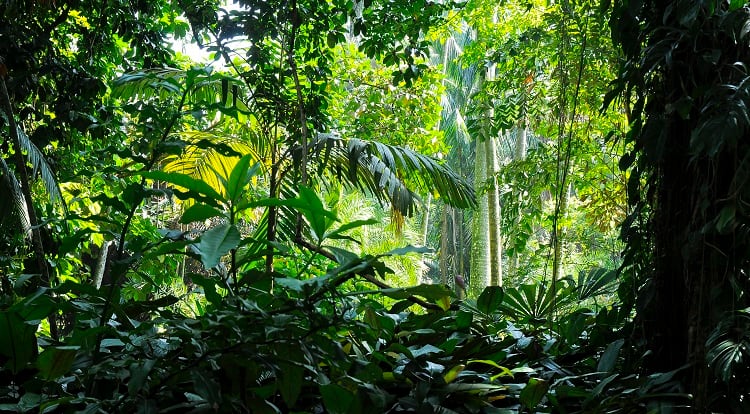
John Lewis Partnership also believes it’s the right thing for its customers. “We know that our customers and [employees] all care a lot about sustainability and about forests. They don’t want to buy products that are associated with deforestation and causing human rights abuses,” said Lee-Gammage.
“They just want deforestation to stop. It’s something they care about. They want to be associated with organisations that are part of the solution as well.”
It's also important for the Waitrose and John Lewis brands, the Ethics & Sustainability Manager suggested, which is why the business is working to make an impact in the communities and landscapes within which it sources palm oil. "Ultimately, we see this as good business, both ethically and commercially, that lives up to our partners' [employees] and customers' expectations of the brand."
Approximately 40% of all palm oil is produced by smallholder farmers, making the supply chain one of the more complex. “We’re aware that we don’t have the direct connections or expertise with the communities and landscapes in which we source [palm oil], and so like any business decision, we want to act wisely and make sure that what we do has an impact,” we were told.
A forest positive equivalent
In partnership with FCF, Waitrose and its parent company John Lewis Partnership have chosen to protect a tropical forest area in the Mului Forest in Indonesia.
The tie-up calculated Waitrose’s palm oil land area footprint (480 hectares) and has committed to protecting the equivalent area of land. “FCF has helped connect us with the…Mului community in Borneo’s East Kalimantan,” Lee-Gammage explained.
The Mului community has identified many vulnerable, near-threatened and critically endangered plants and wildlife within the forest, including the Probiscis monkey, the Bornean gibbon, the yellow muntjac, and black hornbill. The forest is also an important source of water and generates several rivers.
“They recently gained rights to their customary forest [which is] adjacent to an important protected area, and have a very long track record of protecting their forests from logging and from the expansion of agriculture…” he added.
There is a real opportunity cost for the Mului community, stressed the Ethics & Sustainability lead, describing the people a having ‘strong values’ to protect their forests. “So we really wanted to help them.”
Supporting communities to have access to the rights to their forest, but also to protect those forests, is the ‘best way’ John Lewis Partnership believes it can help.
“We recognise there is always more we can be doing as a business. But we’re really happy, it’s a really positive stop forwards to actively do good in the community landscapes that we source from, and it’s something that I know our [employees] and customers can really connect with.”
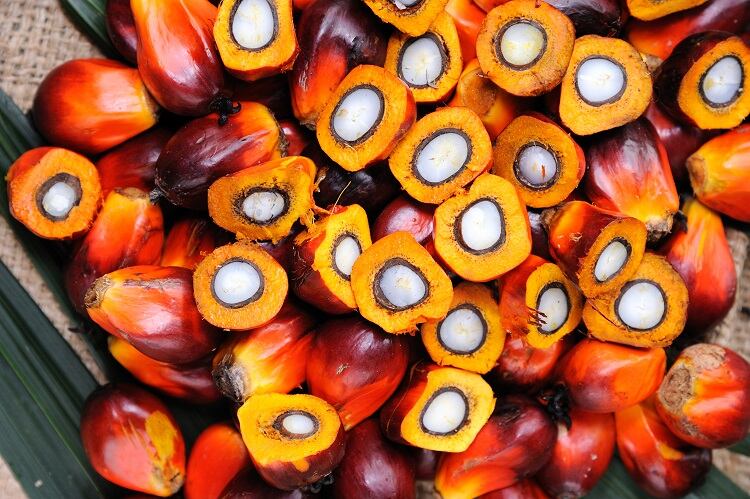
Whether Waitrose customers understand the concept of ‘forest positive’, however, is not a given. Following up with Lee-Gammage, FoodNavigator asked how the brand can best communicate such initiatives to consumers.
“Forest positive is a bit more complex a concept than deforestation-free, and customers might not know the specific jargon,” he explained.
“But I think it’s easy for people to understand the idea of directly supporting communities to protect their forests in the face of ongoing pressures, and why that’s a good thing to do.
“It’s about reassuring customers that raw materials in products are sustainably sourced, and then also telling the story of steps beyond that in a way that’s engaging.”


